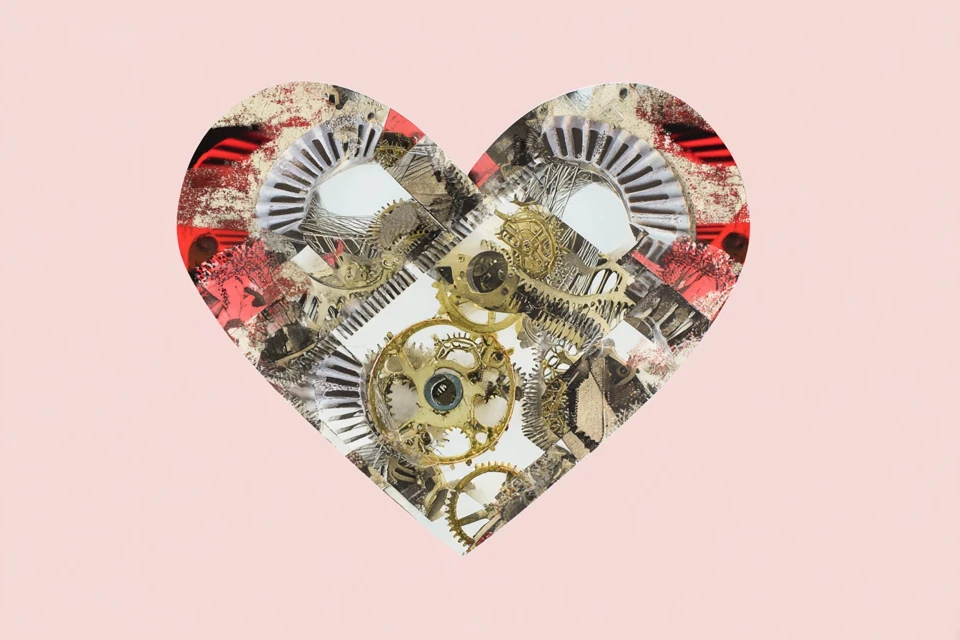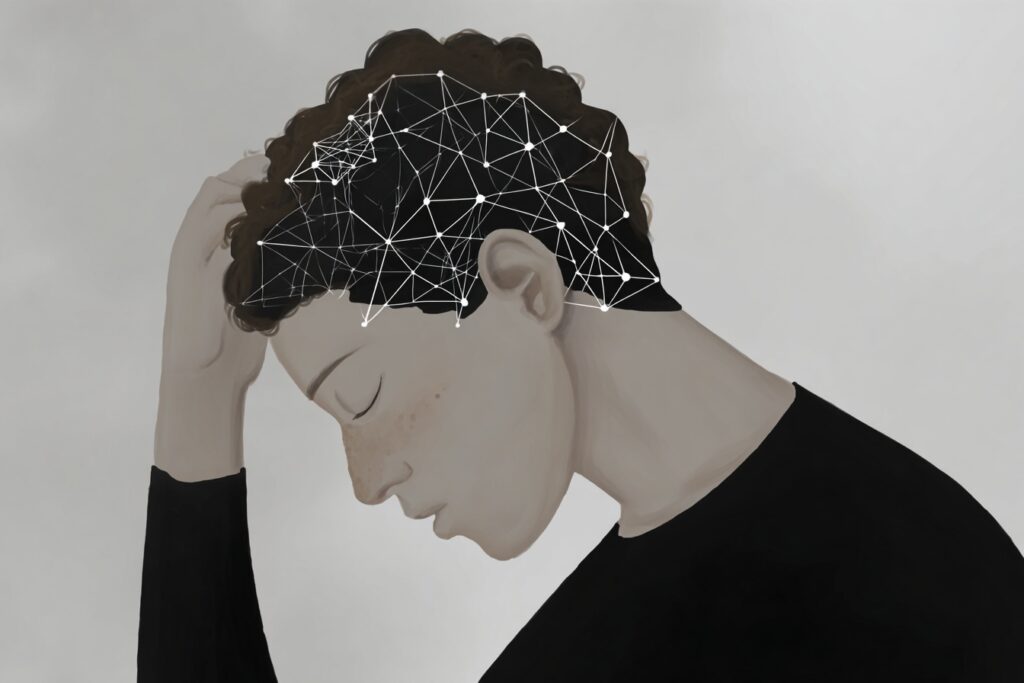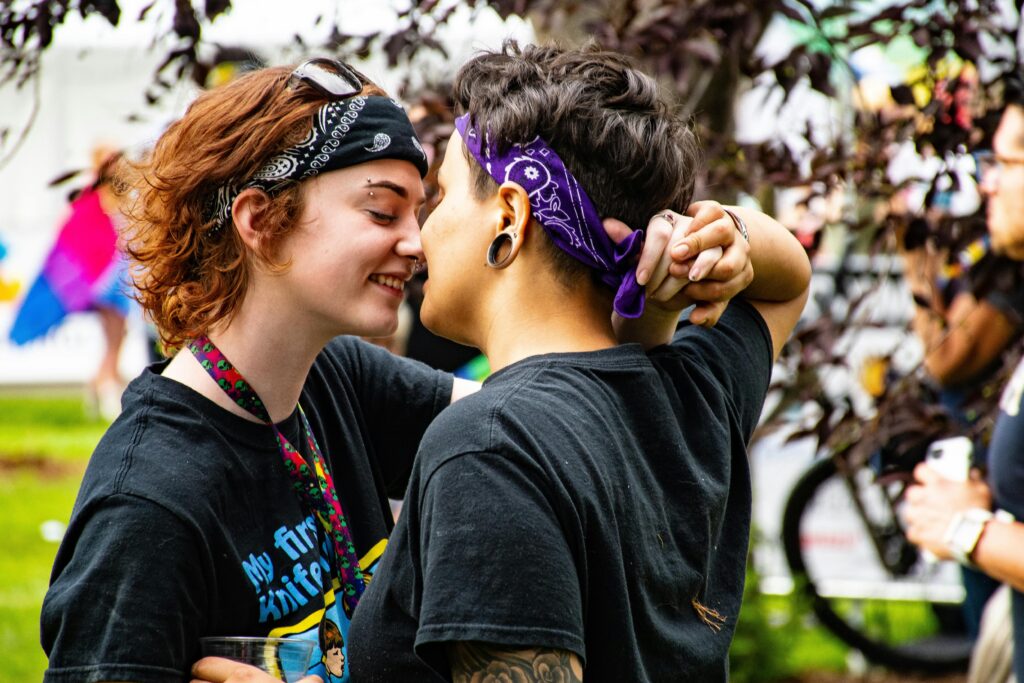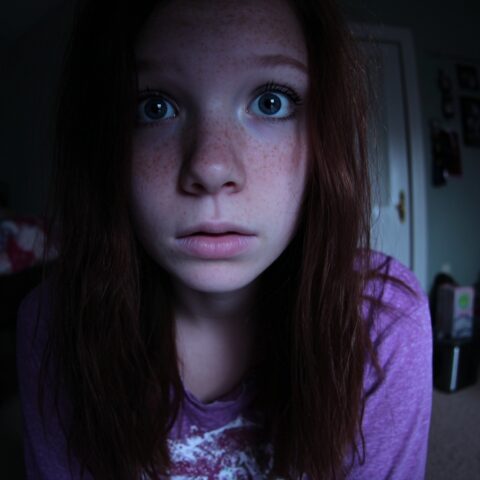Roger Ramjet and his Eagles, fighting for our freedom. Fly through and in outer space, not to join him but to beat him! When Ramjet takes a Proton pill, the crooks begin to worry.
Neurodivergent Relationships… Let’s Get into it

I used to think something was wrong with me because I couldn’t “do” relationships like other people.
I’d fall hard, get overwhelmed, freeze emotionally, miss signals, forget anniversaries, and need space one minute only to crave connection the next.
I felt needy and avoidant at the same time — and assumed that made me broken.
But it didn’t.
It made me neurodivergent.
If you want a crash course on neurodivergence read this guide
Whether you’re in a relationship with another ND person, partnered with someone neurotypical, or just trying to survive your own emotional chaos — this one’s for you.
Table of Contents
💞 What is a neurodivergent relationship?
A neurodivergent relationship is one or both partners living with a neurodivergent brain — ADHD, autism, OCD, sensory processing disorder, or other forms of cognitive difference.
These relationships are unique. They often involve:
- Emotional intensity
- Non-linear communication
- Sensory needs that affect intimacy and connection
- Difficulty with routines, memory, or emotional regulation
- A need for spaciousness and structure at the same time
Neurodivergent relationships are not “broken.”
They’re just running a different operating system.
According to ADDitude Magazine, relationships involving ADHD often struggle with miscommunication, uneven responsibilities, and emotional misalignment — but with support, they can also be deeply passionate and rewarding.
😵💫 Common Challenges in Neurodivergent Relationships

🧠 1. Emotional Dysregulation
Small things hit hard. Big emotions come fast. One person shuts down, the other escalates. It’s not manipulation — it’s nervous system overflow.
🧩 2. Missed Signals
Many ND people miss “between the lines” cues — tone, body language, subtle innuendo. This leads to misunderstandings, especially in conflict or romance.
🔁 3. Rejection Sensitivity
That offhand comment? Feels like a dagger. ND brains often perceive rejection where there isn’t any — a phenomenon called Rejection Sensitive Dysphoria (RSD).
CHADD.org describes RSD as “emotional pain so acute that it interferes with normal functioning.”
🪫 4. Executive Dysfunction & Forgetfulness
You love your partner deeply. But you still forget to text back, miss appointments, or never follow through on that date idea. This creates resentment unless both people understand why it happens.
🤐 5. Masking
Many ND folks “perform” in relationships. They hide overwhelm, force affection, or suppress needs to avoid rejection. Over time, this leads to identity confusion and burnout.
Read our guide on neurodivergent masking here
💡 But Also… The Unique Beauty of Neurodivergent Relationships
❤️ Radical honesty
Neurodivergent people often value direct communication, intense loyalty, and cutting the small talk. When safe, they bring a level of realness that’s rare.
🧬 Pattern detection
They pick up on emotional subtleties, themes, and patterns others miss — leading to deep emotional insight, even if it’s clumsily delivered.
🌊 Emotional depth
Despite struggles with regulation, ND people often feel everything deeply. When trust is built, their love is unwavering.
🔄 Deep interest bonding
From hyper-fixations to shared niche hobbies, ND couples often connect through passionate interests. Conversations go deep, fast — and never stay surface-level for long.
🔧 Tools That Can Help Neurodivergent Relationships Thrive
🗣️ 1. Create a “Safe Shutdown” plan
When one partner needs to walk away during conflict, have a plan that communicates:
“I’m not abandoning you. I need to regulate. I’ll check back in at [X] time.”
📓 2. Use shared calendars and visual reminders
Not to be controlling — but to prevent resentment. Set expectations clearly and keep track of things externally, not in your brain.
🪫 3. Talk about sensory needs
Textures, sound, eye contact, physical affection — it all matters. What feels like love to one person might feel like overstimulation to the other. Normalize customizing intimacy.
🧩 4. Name and tame masking
Make it safe to say:
“I’m doing a version of myself right now to make you comfortable, but it’s costing me energy.”
That vulnerability builds actual closeness.
💬 Jenny’s Story: Loving While Unregulated
I once dated someone who was endlessly patient — until I shut down for three days and forgot to text him back.
Not because I didn’t care. Because I literally couldn’t move. My brain had entered full executive crash mode, and I couldn’t explain it in a way that didn’t sound like an excuse.
He thought I was ghosting him. I thought I was drowning.
We both felt hurt.
We both weren’t wrong.
That’s the thing with neurodivergent relationships — intention and impact don’t always align.
But when you learn to name what’s happening in your brain — and your partner learns how to meet you in that space — everything changes.
❓ FAQ: 12 Real Questions About Neurodivergent Relationships
1. What is a neurodivergent relationship?
It’s any relationship where one or both partners are neurodivergent — meaning their brains function differently from neurotypical norms (e.g., ADHD, autism, OCD, SPD).
2. Can ND people have healthy relationships?
Absolutely. But they often require more communication, self-awareness, and tools — especially around emotional regulation and executive functioning.
3. What’s the biggest challenge in ND relationships?
Miscommunication — especially around needs, time blindness, sensory boundaries, and emotional processing speed.
4. Do ND and neurotypical couples work?
Yes — but only if the neurotypical partner is willing to learn, not fix. It’s about adaptation and empathy on both sides.
5. What is rejection sensitivity, and how does it affect relationships?
It’s when perceived criticism or disconnection feels like deep emotional pain. Common in ADHD and autism. It can cause withdrawal or explosive reactions.
6. How can I support my ND partner?
Believe them. Use external tools. Don’t personalize their shutdowns or distractions. Focus on curiosity, not control.
7. What if I’m ND and constantly overwhelmed in love?
Create spaciousness. Slow down timelines. Use written communication. Allow for rest. You’re not bad at love — you’re processing it differently.
8. Do sensory issues affect physical intimacy?
Often, yes. Touch, sound, and eye contact can be overstimulating. Talk openly about needs and create safe, adjustable intimacy strategies.
9. Can two ND people date successfully?
Yes — sometimes it’s easier because you “get” each other’s chaos. Other times it’s double the executive dysfunction. It takes mutual compassion.
10. How do we avoid resentment around chores, scheduling, etc.?
Make expectations visual, external, and non-judgmental. Don’t rely on memory. Use reminders, shared apps, or written systems.
11. Is masking common in relationships?
Yes. Many ND people hide their needs early on to avoid rejection — which leads to resentment, confusion, and burnout later.
12. Where can I learn more about ND relationships?
Check out NeuroClastic, ADDitude’s relationships section, and the book Unmasking Autism by Dr. Devon Price for a deeper dive.
🐐 About ADHD Goat
ADHD Goat is where chaotic, sensitive, emotionally intense humans come to feel less alone. We write about ADHD, autism, identity, burnout, masking, love, shame, healing — and all the in-between moments no one else talks about.
✍️ About the Author
Jenny Mirah is neurodivergent, emotionally porous, and bad at texting back. She writes from the trenches — not as a therapist or coach, but as someone who’s burned out, masked, and still chooses to love out loud.
💌 Got a story you want us to tell?
Have a question you wish someone would answer without sugarcoating it? Want to see an article that speaks to your weird, beautiful brain?








